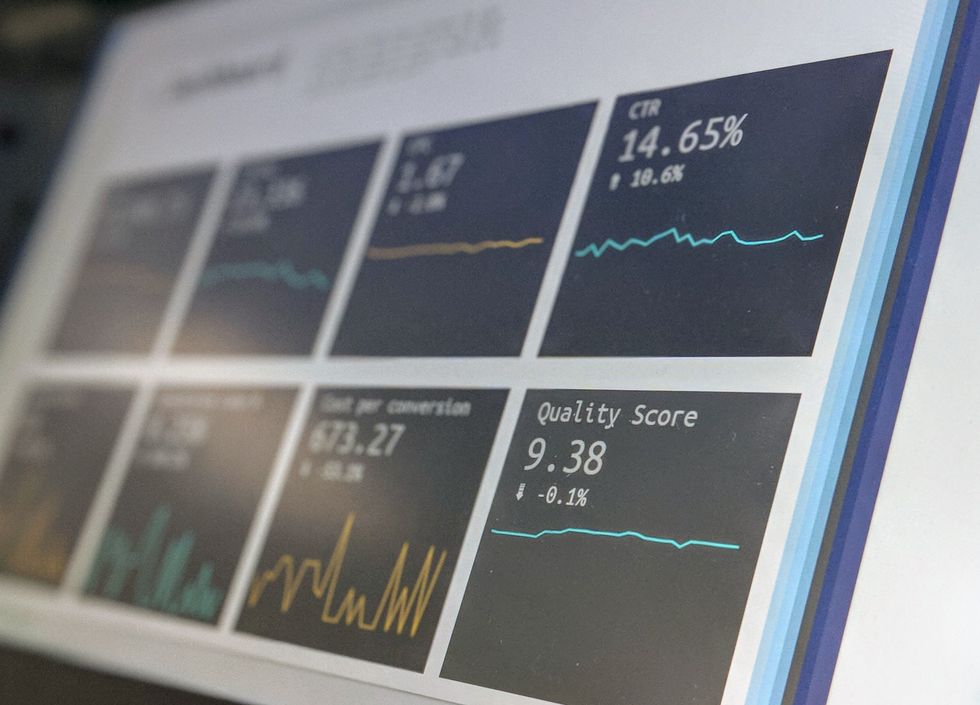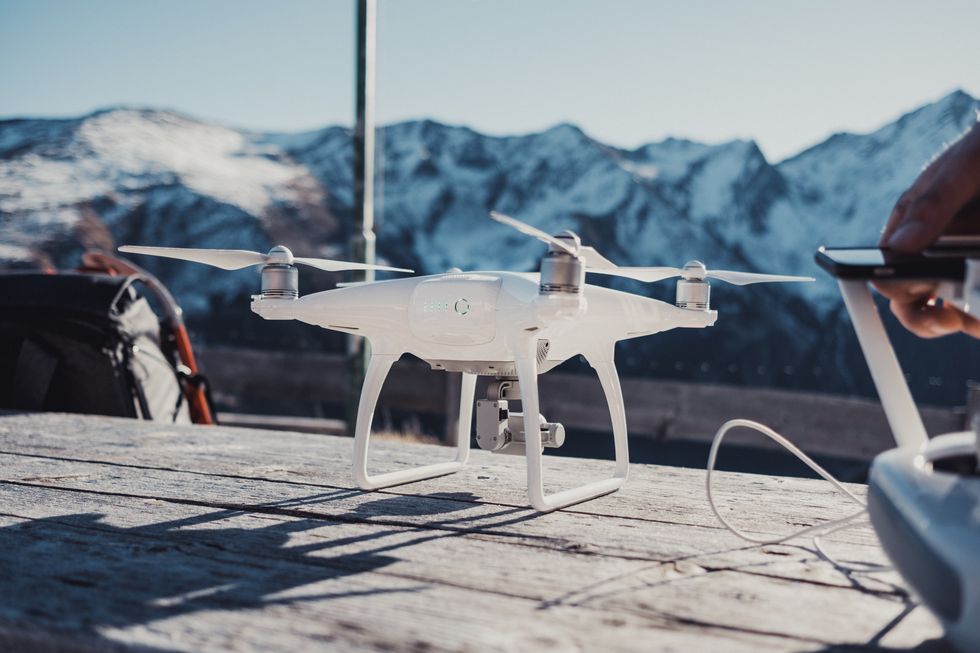As the end of your time at college grows nearer, perhaps the only thing you know is that you want a career that's fascinating and anything but typical. In that case, check out this list of future-oriented professions. You might find a job that strikes your fancy.
1. Data Scientist

Photo by Stephen Dawson on Unsplash
Businesses used to spend weeks or even longer examining compiled data and figuring out what it meant. Now, data scientists use their knowledge and dedicated tools to help clients do that in minutes. If you have an analytical mind and aren't intimidated by numbers or statistics, you might have a bright future in data science.
You can also count on job security and expect to enjoy the position. Data scientist ranked as the best job in the U.S. for 2017 based on a report from Glassdoor that factors in job satisfaction ratings, the median salary for the position and the number of job openings when coming up with an overall job score.
Organizations often struggle when organizing their data and accumulate more by the day. Plus, there's a skills shortage in this field. These factors and others make the role likely to stay in demand for a prolonged period.
2. Commercial Drone Pilot

Photo by Daniel Wirtz on Unsplash
While becoming familiar with some of the most futuristic jobs available, you'll almost certainly learn about commercial drone pilots.
Projections indicate the booming commercial drone market could reach $127 million by 2020, and training of pilots has increased. Amazon and UPS are among the companies experimenting with using drones for their needs. If those experiments go smoothly, other brands will likely follow suit by implementing drones, too.
You might also consider becoming a commercial drone pilot as a side gig. Getting qualified is relatively simple compared to college coursework because it only requires passing a written test. However, the tuition that provides that knowledge costs several thousand dollars, making it necessary to save up before diving into learning.
3. Smart City Planner

Photo by chuttersnap on Unsplash
If you enjoy using critical thinking and innovative ideas to help people thrive in their communities, consider pursuing a futuristic career as an urban planner who focuses on creating smart cities.
A report from the National League of Cities reports that 66 percent of U.S. cities invested in smart technology, and officials from the 25 percent of locations that do not have smart technology in place are assessing ways to add it to their infrastructures.
Plus, the Bureau of Labor Statistics (BLS) predicts the job market for urban planners will grow 13 percent through 2026, which is faster than average. A smart city specialization could provide even more career prospects.
The statistics above suggest a need for trained experts in the sector. While working as an urban planner specializing in smart tech, you might evaluate sensors that track traffic patterns, building materials that save energy and apps that measure the most populated times of day in a city, among other potential additions.4. Virtual Reality Expert

Photo by JESHOOTS.COM on Unsplash
Virtual reality (VR) is no longer only for gamers or people interested in it enough to invest in pricey equipment. The gear that helps people get immersed in the technology is becoming increasingly reasonable. Plus, current and potential applications for the technology exist in fields ranging from travel to medicine, giving plenty of choices for people who want to have VR careers.
Even if you still have a couple of years left at college, the outlook for VR jobs looks promising for the long term. Analysts believe the worth of the global VR market will total $48.5 billion by 2025.
5. Solar Panel Installer

Photo by Biel Morro on Unsplash
Solar panel installer positions are among the fastest-growing jobs in the U.S., and the BLS estimates a total growth of over 105 percent through 2026. If you're interested in helping households and businesses use renewable energy in practical ways, this is a career that allows you to make that happen while focusing on environmental sustainability.
You may not only install solar panels on rooftops. There is a photovoltaic highway, road and bike path in France, China and the Netherlands, respectively. If those initiatives succeed and prove they aren't prohibitively costly, you have opportunities to assist with similar projects.
The median salary for solar panel installers is $39,490, so it's not quite as financially lucrative as some other positions, but the earnings potential could grow as the market does. There are also federally available tax credits for residential and commercial use solar panels.
Opportunities to reduce IRS obligations at the end of a year and save money on utility bills at the same time could spur interest in getting solar panels without delay, especially since residential credits end after 2021.
You're no longer merely forced to daydream about having a career path that sounds like it came straight from a science-fiction novel. All these jobs exist now, and they're ideal for mulling over if you want a role that lets you make an impact and isn't at risk of becoming unnecessary as innovations progress.





 Lumiere figure at the Disney Store at the Ala Moana Shoppi… | Flickr
Lumiere figure at the Disney Store at the Ala Moana Shoppi… | Flickr








 StableDiffusion
StableDiffusion StableDiffusion
StableDiffusion 10. Extra BlanketsJuwenin Home 100% Cotton Knitted Throw Blanket
10. Extra BlanketsJuwenin Home 100% Cotton Knitted Throw Blanket StableDiffusion
StableDiffusion StableDiffusion
StableDiffusion File:Kishlaru familie.jpg - Wikimedia Commons
File:Kishlaru familie.jpg - Wikimedia Commons Photo by Hanna Balan on Unsplash
Photo by Hanna Balan on Unsplash StableDiffusion
StableDiffusion black blue and yellow round illustrationPhoto by
black blue and yellow round illustrationPhoto by 





 woman holding glass jar
Photo by
woman holding glass jar
Photo by 






